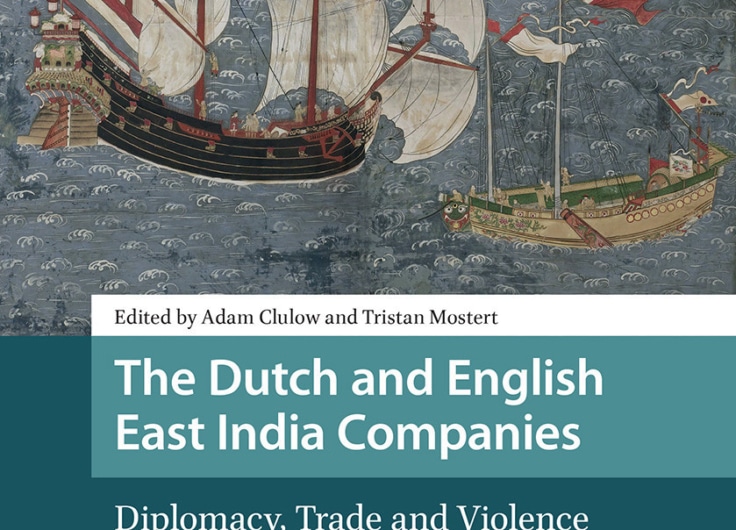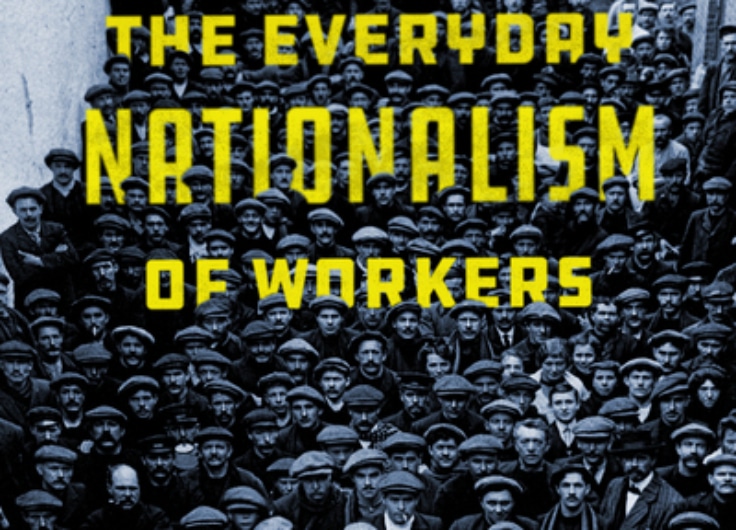Harvest of the University Press (autumn 2019)
Universities all over the world publish academic monographs and scientific journals on the Low Countries. In this article, we present you with a selection of recent university press publications in English.
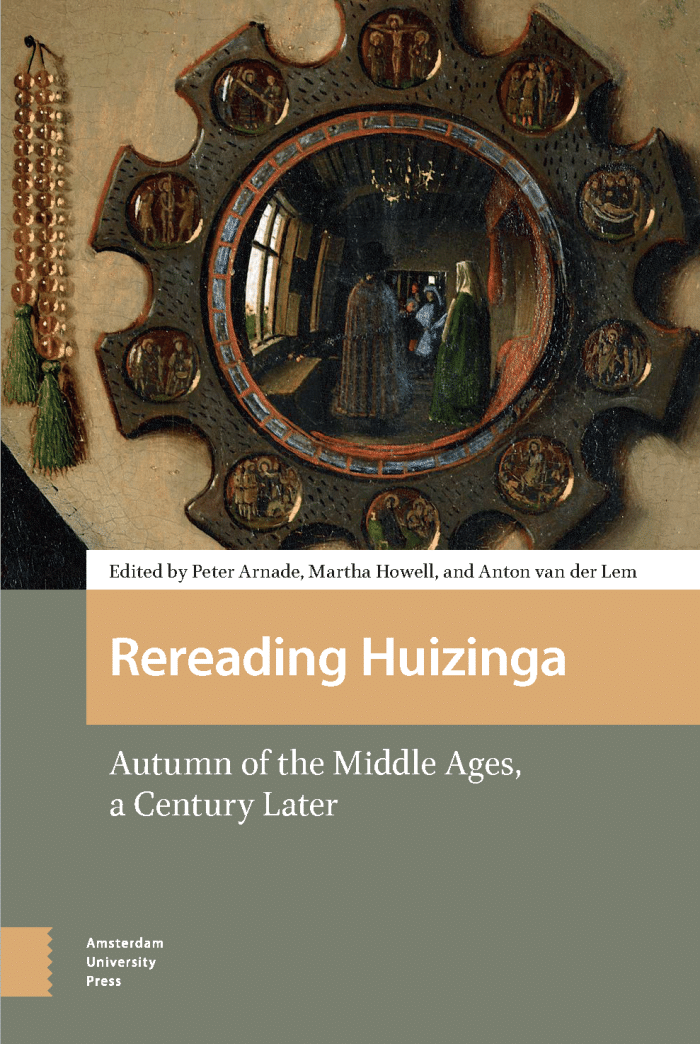
Rereading Huizinga – Autumn of the Middle Ages, a Century Later
Peter Arnade, Martha Howell, Anton van der Lem
Rereading Huizinga: Autumn of the Middle Ages, a Century Later explores the legacy and historiographical impact of Johan Huizinga’s 1919 masterwork a century after its publication. Often considered one of the most successful books in medieval European history, its reception has varied over the last hundred years, popular with non-academic readers, and appraised more critically by fellow historians and those more generally in the field of medieval studies. There is broad consensus, however, about the work’s absolute centrality, and the authors of this volume assess the Autumn of the Middle Ages reception, afterlife, and continued vitality.
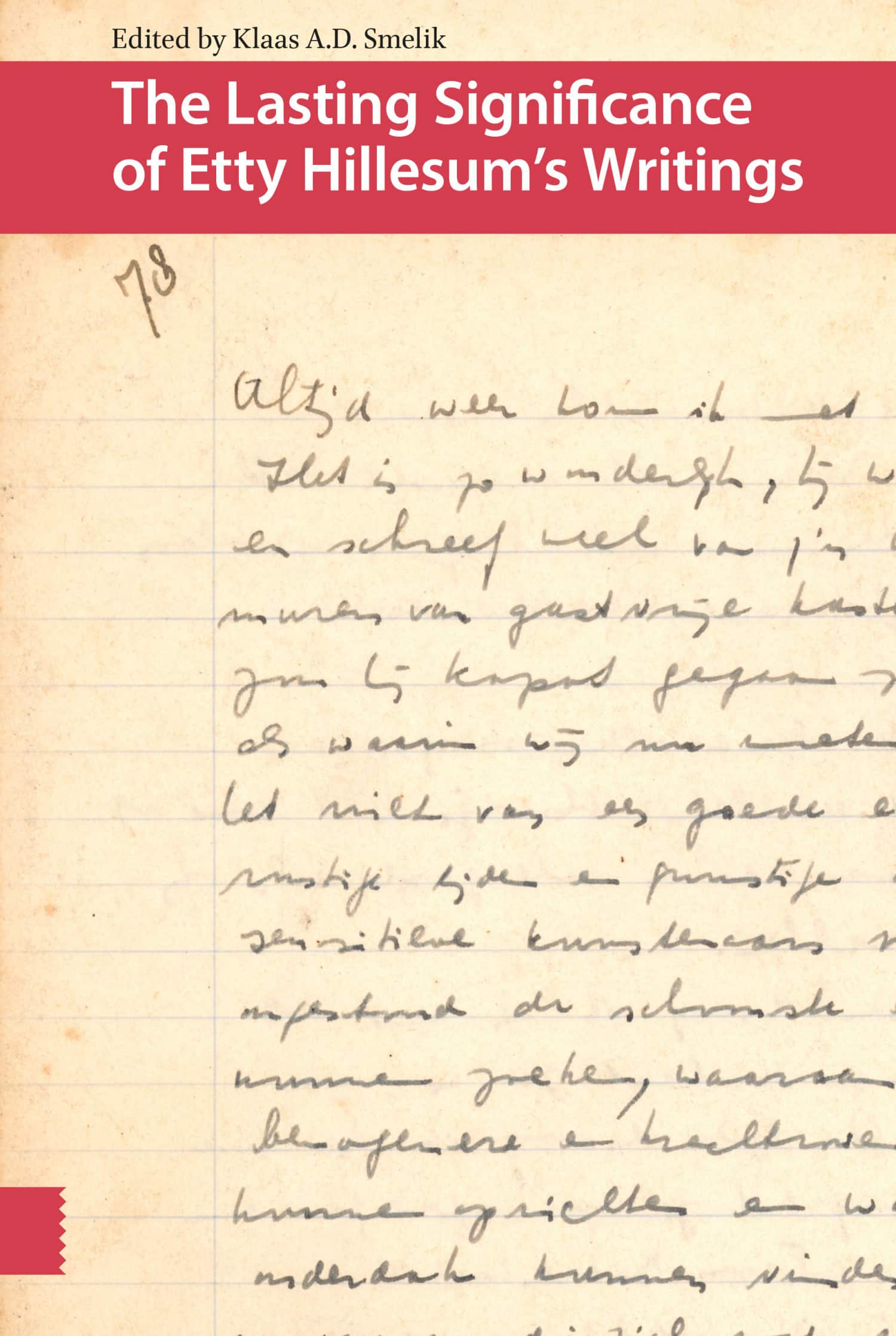
The Lasting Significance of Etty Hillesum’s Writings
Klaas Smelik (ed.)
The Lasting Significance of Etty Hillesum’s Writings contains the proceedings of the third international Etty Hillesum Conference, held in Middelburg in September 2018. It brings together the work of 33 experts from all over the world to shed new light on life, works, inspiration and vision of the Dutch Jewish writer Etty Hillesum (1914-1943), one of the victims of the Nazi regime. Hillesum’s diaries and letters illustrate her heroic struggle to come to terms with her personal life in the context of the Holocaust. This volume revives Hillesum research with a comprehensive rereading of her texts but also by introducing new sources about her life. With the current rise of interest in peace studies, Judaism, the Holocaust, inter-religious dialogue, gender studies and mysticism, this book will be invaluable to students and scholars in a range of disciplines.
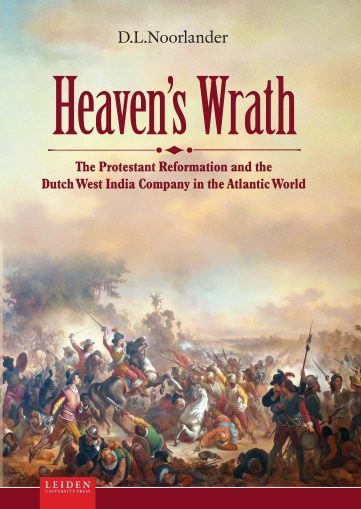
Heaven’s Wrath – The Protestant Reformation and Dutch West India Company in the Atlantic World
D. L. Noorlander
How did Reformed Christianity, the public faith of the Netherlands, influence the Dutch experience abroad? How did the Reformed Church and the West India Company (WIC) interact in each setting? What effect did the major religious issues and divisions of the period have on the WIC and its directors, merchants, employees, settlers, and indigenous allies? Conversely, what effect did expansion have on Dutch Calvinism?
In answering these and other questions, D. L. Noorlander argues against prevailing understandings of the role of religion in the Dutch colonial enterprise, finding that the Dutch Reformed Church was integral to Dutch colonialism. The stereotype of the Dutch merchant is a man unconcerned with differences in theological doctrine and political ideology so long as business was brisk. Although this has some merit in the history of New Amsterdam, the broader colonial effort in the Atlantic and, indeed, around the globe was far more closely connected to religious institutions, doctrine, authority, and practice. So whereas the easy answer regarding the failure of the Dutch to set up a durable empire in North America supposes a causal connection between dominant commercial interest and the lack of concern for the settlements and religious missions that animated other European colonization efforts, Noorlander shows that one needs to look elsewhere for the causes of that failure. In so doing, he revises some core notions about the organization and aims of Dutch empire, the culture of the West India Company, and the very shape of Dutch society.
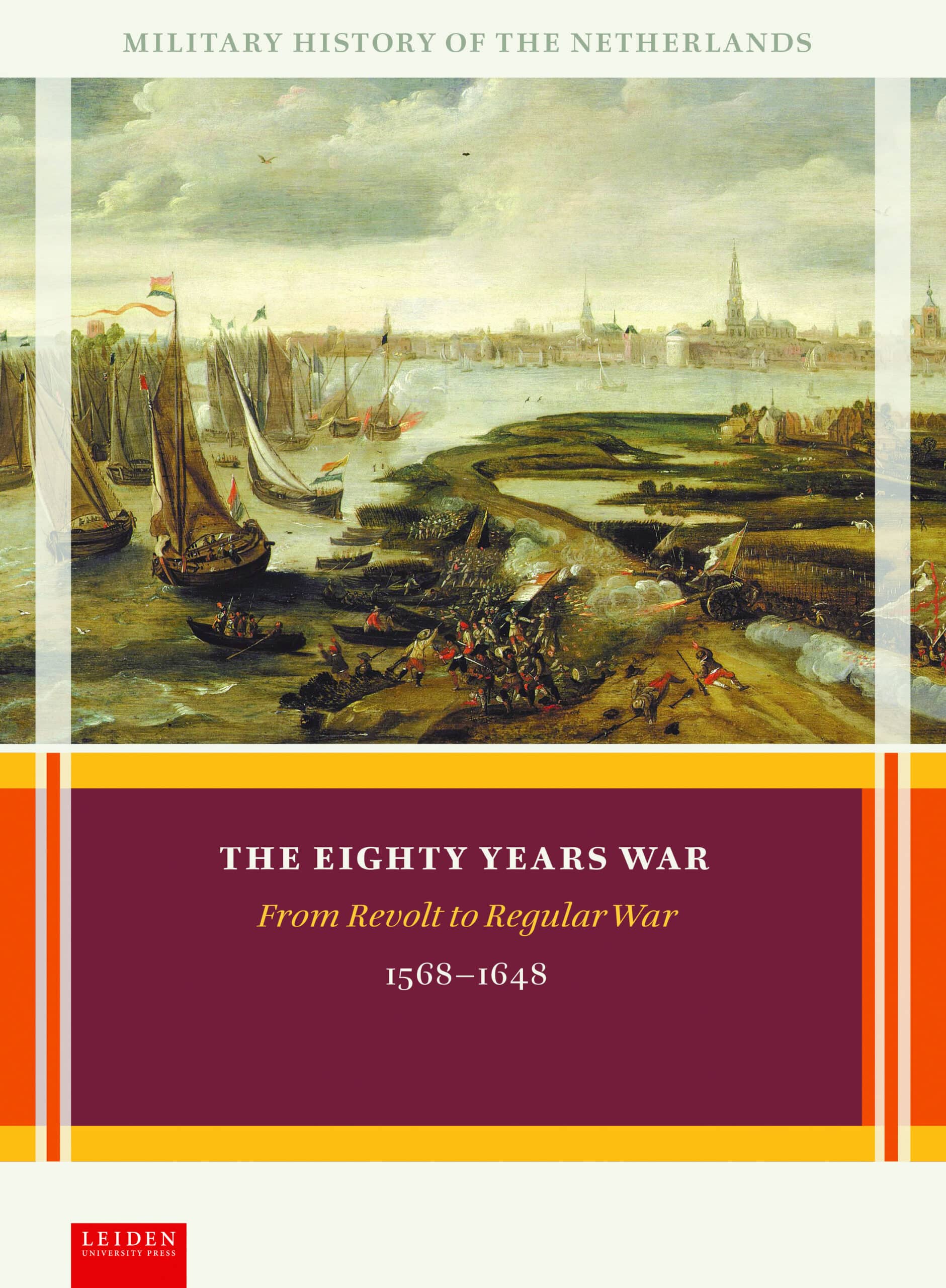
The Eighty Years War – From Revolt to Regular War, 1568-1648
Petra Groen
The military factors underlying the division of the Low Countries and the creation of the Dutch Republic are described in this book. The birth of the new state was to no small degree determined by the balance of military power on land and at sea. That in the north the provincial States and the Calvinists gained the upper hand and in the south the Spanish rulers and the Catholic Church, was the result of eighty years of warfare. It was also something that no-one had foreseen in 1568.
From the outset the conflict between the Dutch insurgents and their Spanish sovereign lord captured the imagination. Against all expectations, Philip II and his successors failed to win a conclusive victory over their rebellious Dutch subjects. In 1648 the mightiest European power of the sixteenth century, the Spanish empire, was compelled to admit defeat at the negotiating table in Münster and recognise the breakaway Dutch provinces as a sovereign state.
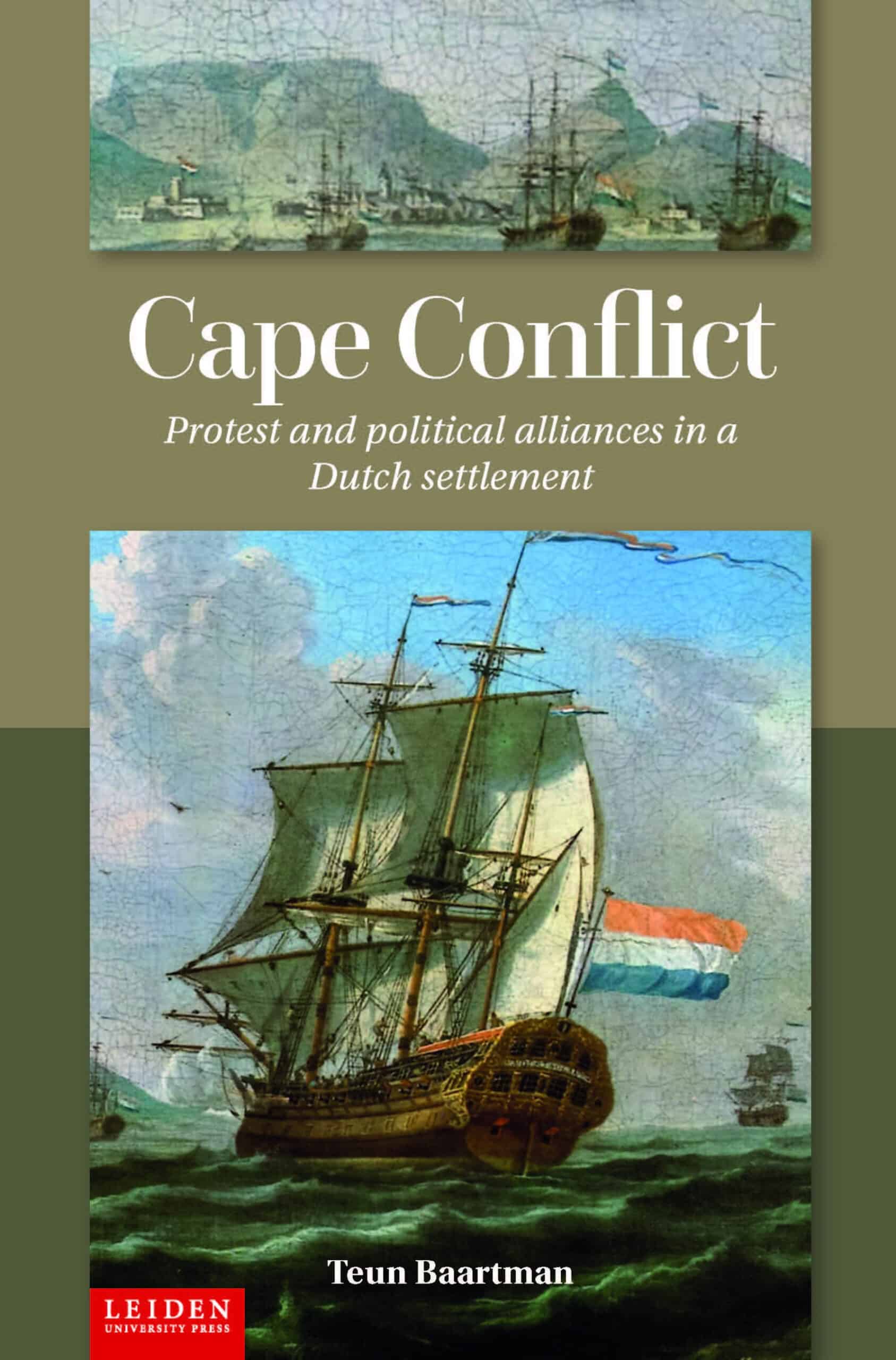
Cape Conflict – Protest and Political Alliances in a Dutch Settlement
Teun Baartman
From 1652 until 1795, the Cape of Good Hope was a Dutch settlement marked by tensions, often portrayed as antagonism between the oppressive Dutch East India Company (VOC) and aggrieved burgher as the underdogs. However, by comparing the political structures, institutions and dynamics of the Dutch Republic and its overseas settlement, the author demonstrates that the relationship was more cooperative and that the Cape burghers were able to influence policies in their favour similar to the way burghers in the Dutch Republic did by forming political factions.
Using the Cape Conflict of the later eighteenth century as a case study, Baartman illustrates that it was in fact a fight for power between factions within the ruling elite, which consisted of VOC officials and burghers. This book offers new evidence, different interpretations and an innovative narrative about where burghers came from, what their position was, and how the Cape political world operated.
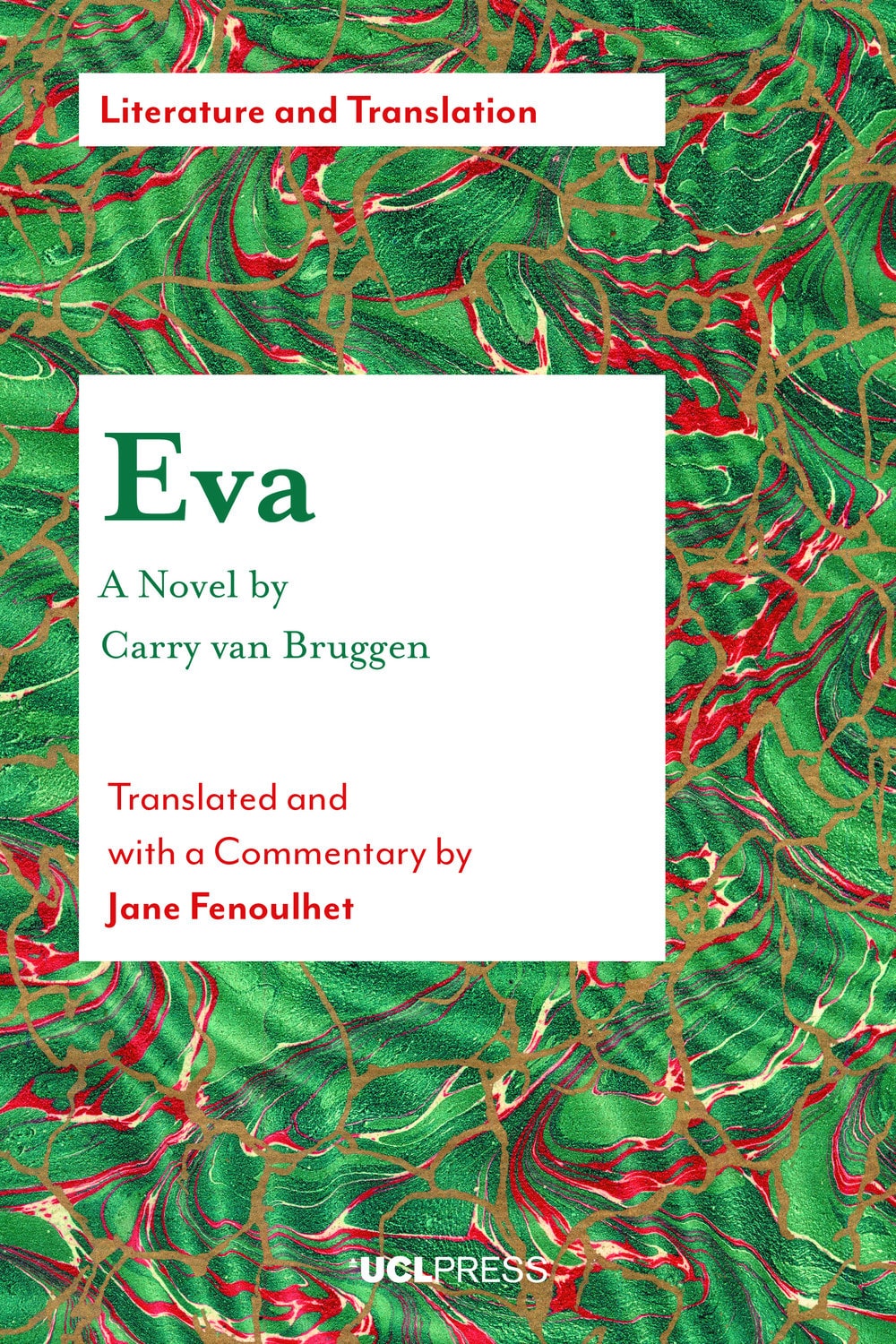
Eva – A Novel by Carry van Bruggen
Carry van Bruggen and translated with commentary by Jane Fenoulhet
Eva is a coming-of-age story set in an early twentieth-century small harbour town in the Netherlands that takes readers through the eponymous main character’s orthodox Jewish girlhood to marriage, divorce, and, finally, to independence and sexual freedom. Originally published in 1927, Dutch writer Carry van Bruggen (1881–1932) expresses Eva’s dawning sense of self and expanding subjectivity through fluid, stream-of-consciousness prose. For the first time, Jane Fenoulhet has made this important, modernist novel accessible to English-language readers, her deft translation capturing the rich expressiveness of van Bruggen’s original Dutch. In insightful accompanying commentary, Fenoulhet describes the challenges of translating van Bruggen’s dynamic, intense narrative, which necessitated deep personal engagement with the novel.
Download this free novel via University College London Press
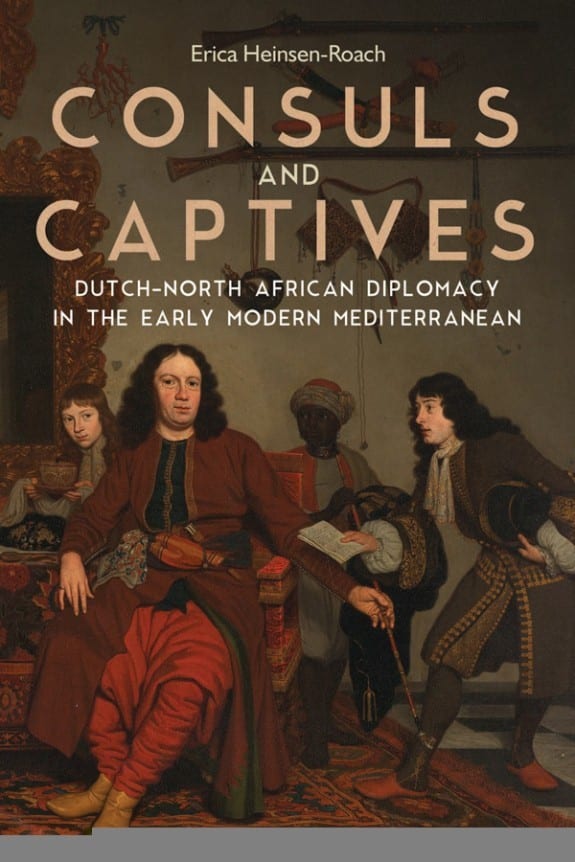
Consuls and Captives – Dutch-North African Diplomacy in the Early Modern Mediterranean
Erica Heinsen-Roach
This book offers a new perspective on the history of diplomacy in the western Mediterranean, examining how piracy and captivity at sea forced Protestant states from northwest Europe to develop complex relationships with Islamic North Africa. Tracing how Dutch diplomats and North African officials negotiated the liberation of Dutch sailors enslaved in the Maghrib, author Erica Heinsen-Roach argues that captivity and redemption helped shape (rather than undermine) a new diplomatic order in the western Mediterranean.
Making use of extensive archival research, Consuls and Captives shows how encounters with North African society led the Protestant North to adjust to the norms and practices of the western Mediterranean. Dutch consuls became state representatives, tasked with claiming the unconditional release of captives from the Netherlands. But caught between these directives and the realities of Maghribi politics, the diplomats consented to pay ransom, participated in what they considered lavish gift-giving practices, and began to pay tribute-all practices that were departures from the norms the Dutch States General upheld in “doing” diplomacy.
In analyzing these adjustments, Heinsen-Roach brings into question earlier interpretations of diplomacy as a progressively evolving institution anchored in the western modern tradition. Consuls and Captives shows instead that early modern diplomacy in the western Mediterranean developed in uneven ways as a product of cultural encounters. With its compelling argument and wide-ranging evidence, this book will have a strong appeal to scholars of early modern diplomacy, slavery, and Mediterranean history, as well as to specialists on the Dutch Republic.


